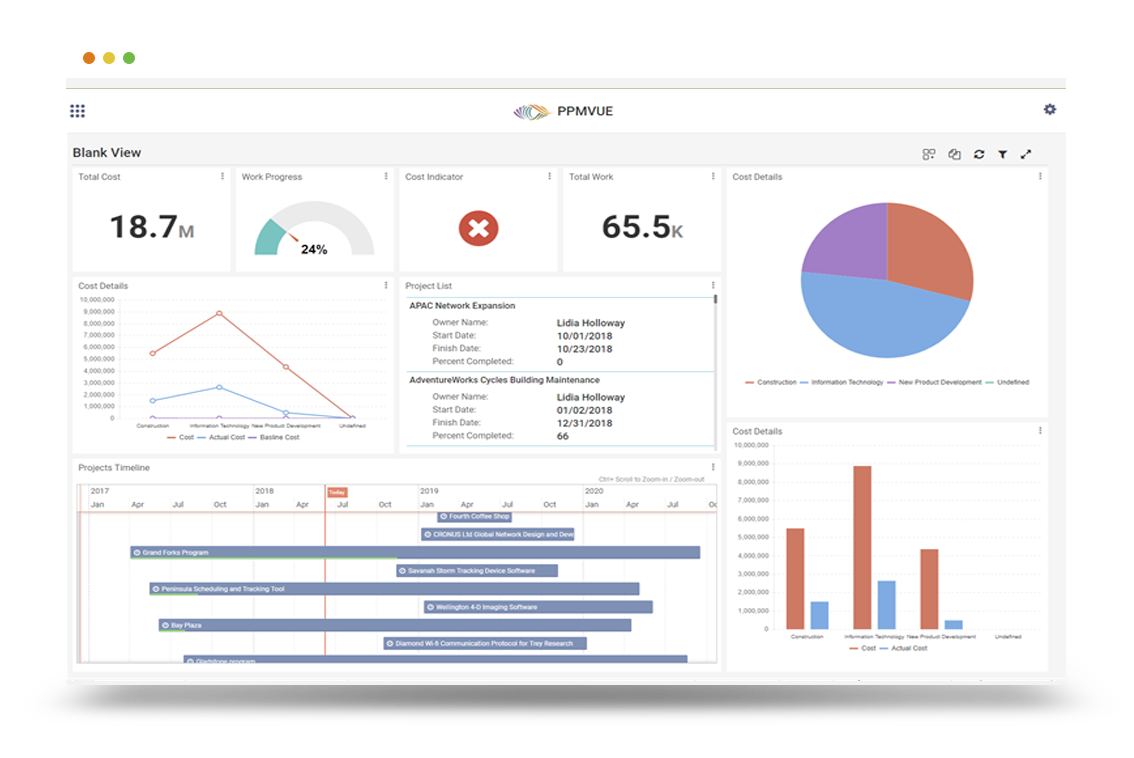Project management is often defined as managing the scope, cost and schedule of a project. What many forget is that the triple constraints aren’t what facilitate projects to completion. It is the people behind those projects that drive the execution.
How many times have you been in your weekly status meeting listening to everyone around the room give their lack luster “this is what I did this week; this is what I plan to do next week” spiel? The meeting becomes so mundane and complacent that nobody appears to be interested in what they are doing.
Why does this happen? I will give you 3 major reasons why team members disengage and how to get them back on track.
1. Lack of vision
As an individual contributor it is important to understand the “playbook.” Just like if you are the quarterback on a football team, you must know the team’s playbook in order to win. If you do not, you may end up downing the ball or being tackled. Both of these scenarios create a backwards movement. In business, this results in continuous setbacks.
A clearly defined and communicated vision unifies the team and ensures everyone is working toward the same goal. Also beware of constantly moving goal posts. Being agile and responsive to external conditions is important, but the overarching vision should remain consistent.
2. Lack of understanding their role in the big picture
A common complaint that I have heard from team members is that they don’t feel what they do has any impact on the team. But is it really that they aren’t impacting the team, or is it that they don’t have the visibility of the impact they make? It is our job as a project manager to communicate not only to upper management but to also encourage our team and let them know how they are impacting the project schedule.
3. Absence of motivation and encouragement to realize their full potential
Employees are usually assigned to a task or a project based on their skill set or title, “Project X needs a software developer.” As a project manager, we assign a generic resource to our project schedules hoping that when the project kicks off there will be a software developer available to fill that role. The person assigned may be the most awesome software developer that has ever lived, but unbeknownst to you, he is simply the guy that was assigned to you. It is up to you to realize the potential and make a conscious effort to build and motivate your resources, otherwise they will become bored, the risk of errors increase, and schedules can slip. By motivating and encouraging the team members they become more apt to help other coworkers while accomplishing tasks at an accelerated rate.
Not only do employees want to know the vision and the impact they have on the project, but they want to take pride in their work. For this to happen, the higher functionality of their brain must be engaged and challenged. Focusing thoughts on a specific goal lets them know that there is an end game. Showing that they have impact on that end goal reinforces accountability. Having a positive attitude when leading your team demonstrates not only good project management, but also good people skills. Employees want to be part of something bigger than themselves. By recognizing these pitfalls and taking the initiative to improve team collaboration, employees will be eager to participate and will become excited about their work.
For more details & kick start your project management journey, sign up for our Microsoft Training Classes or send us an email.
I hope you find this blog post helpful. For more tips and tricks on Project Management, please visit www.epmainc.com

